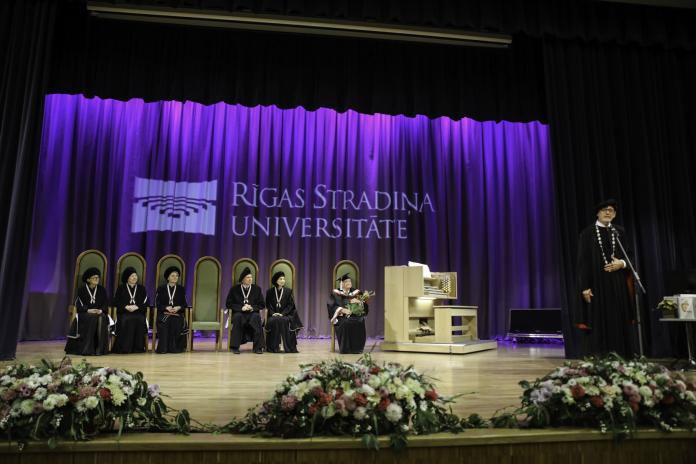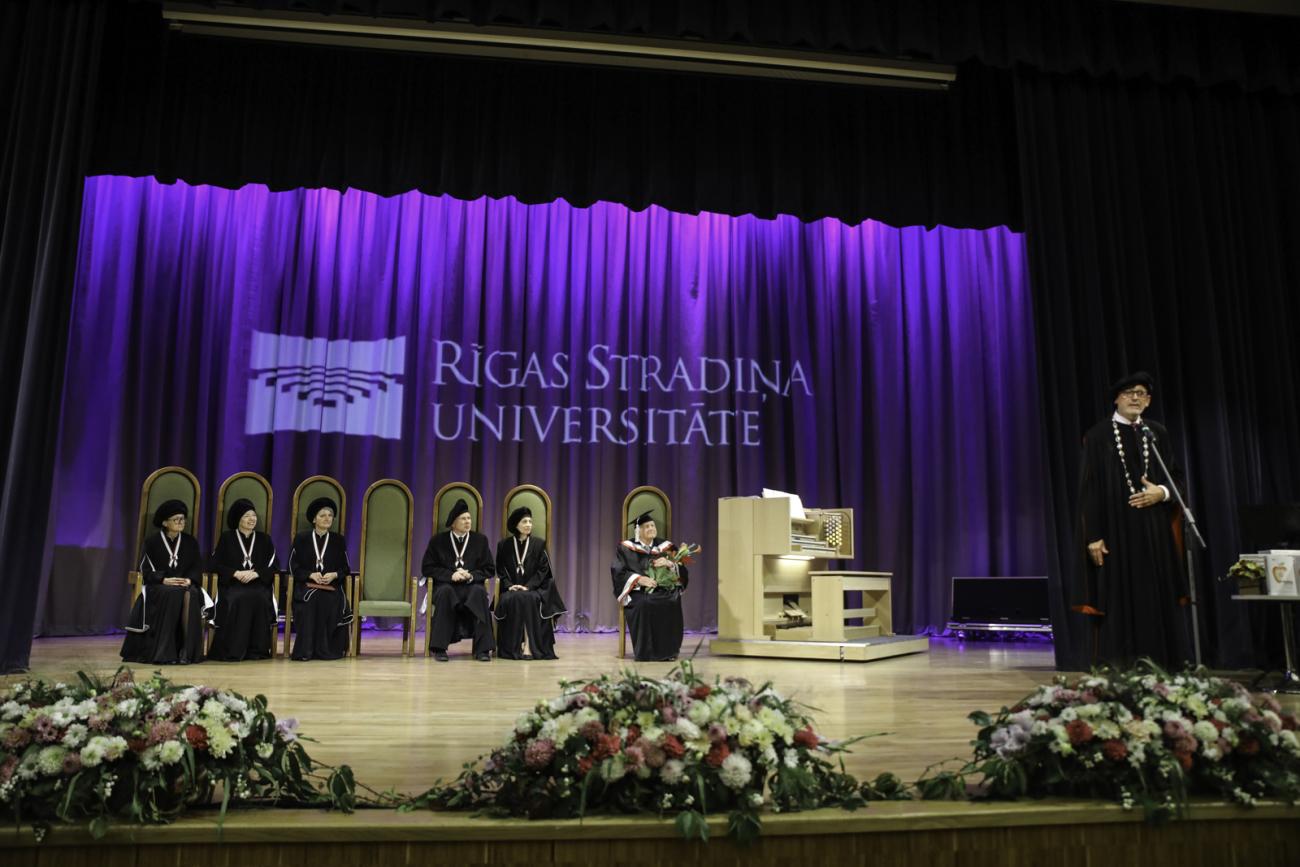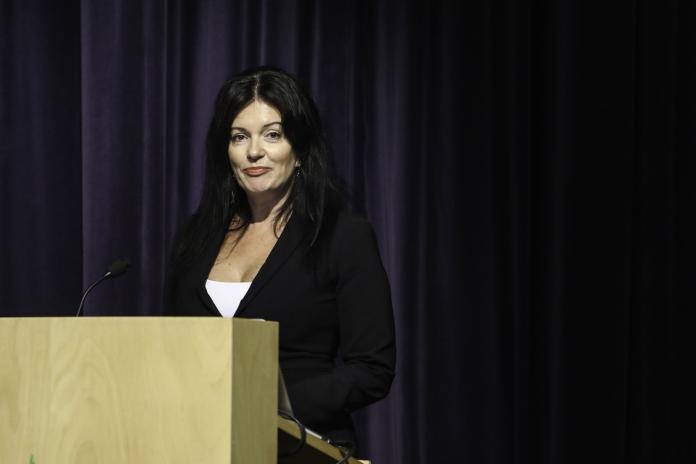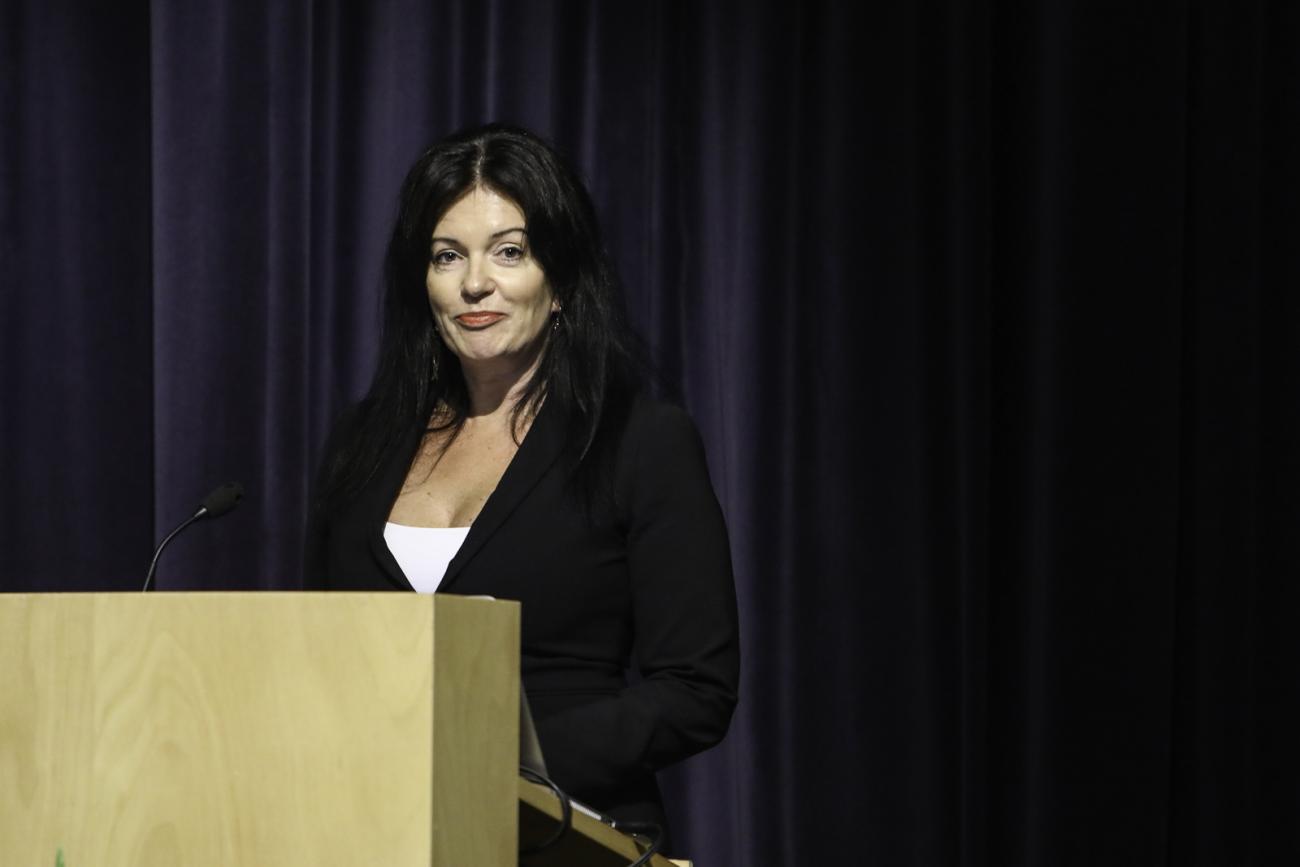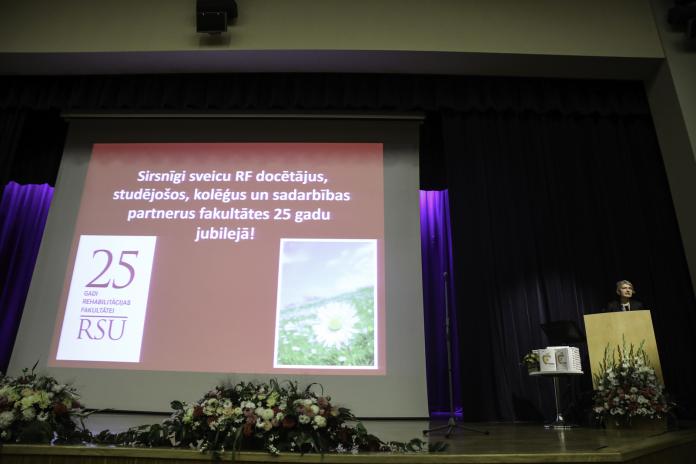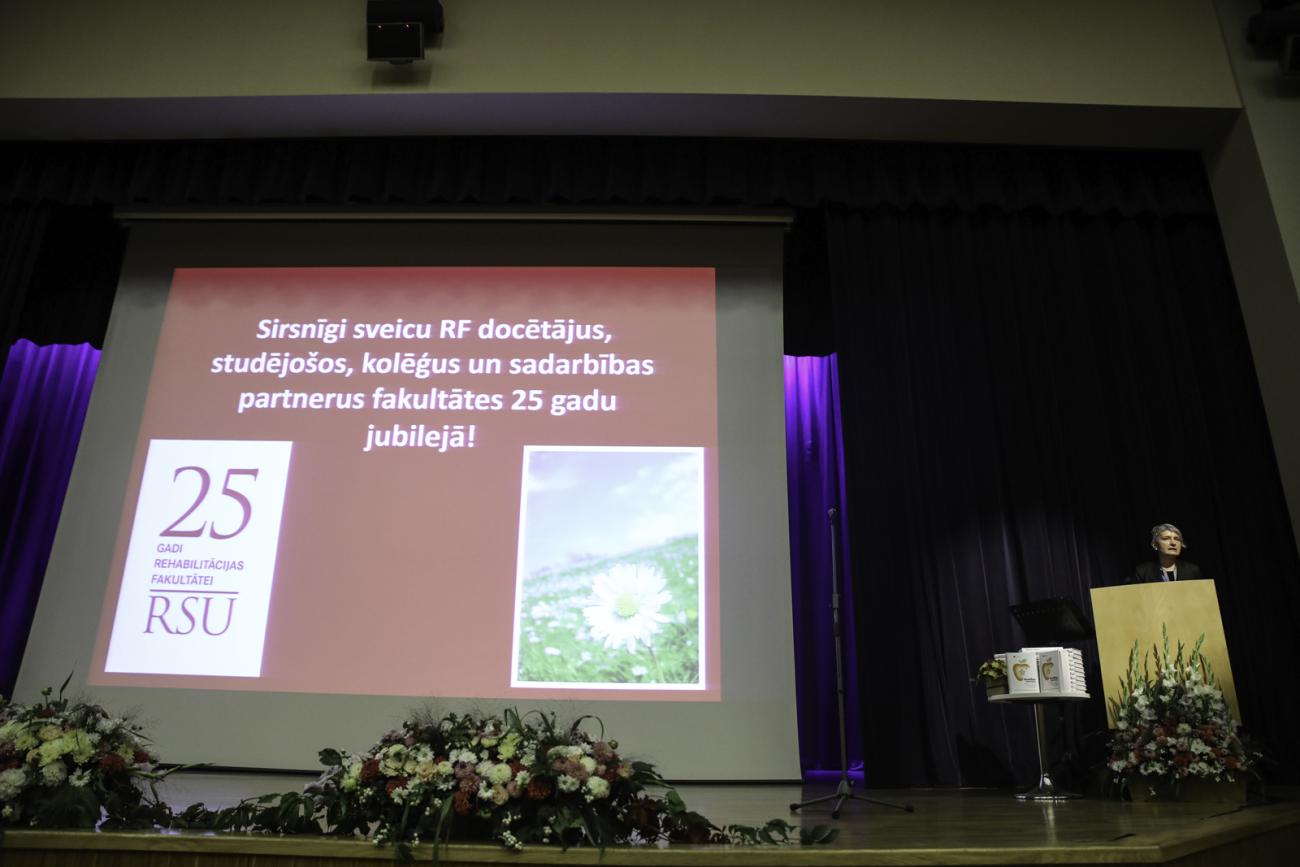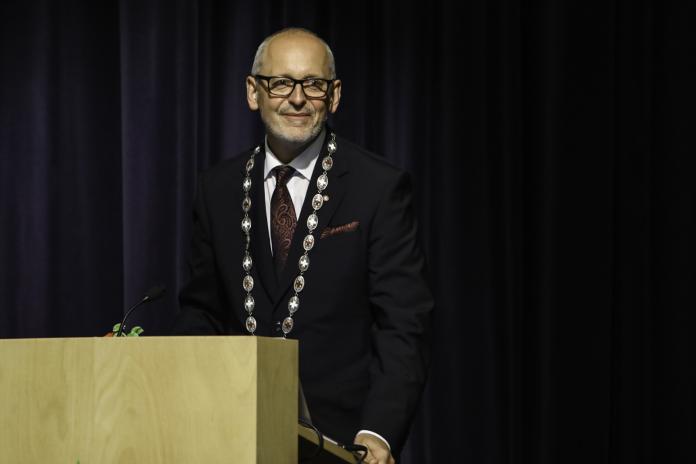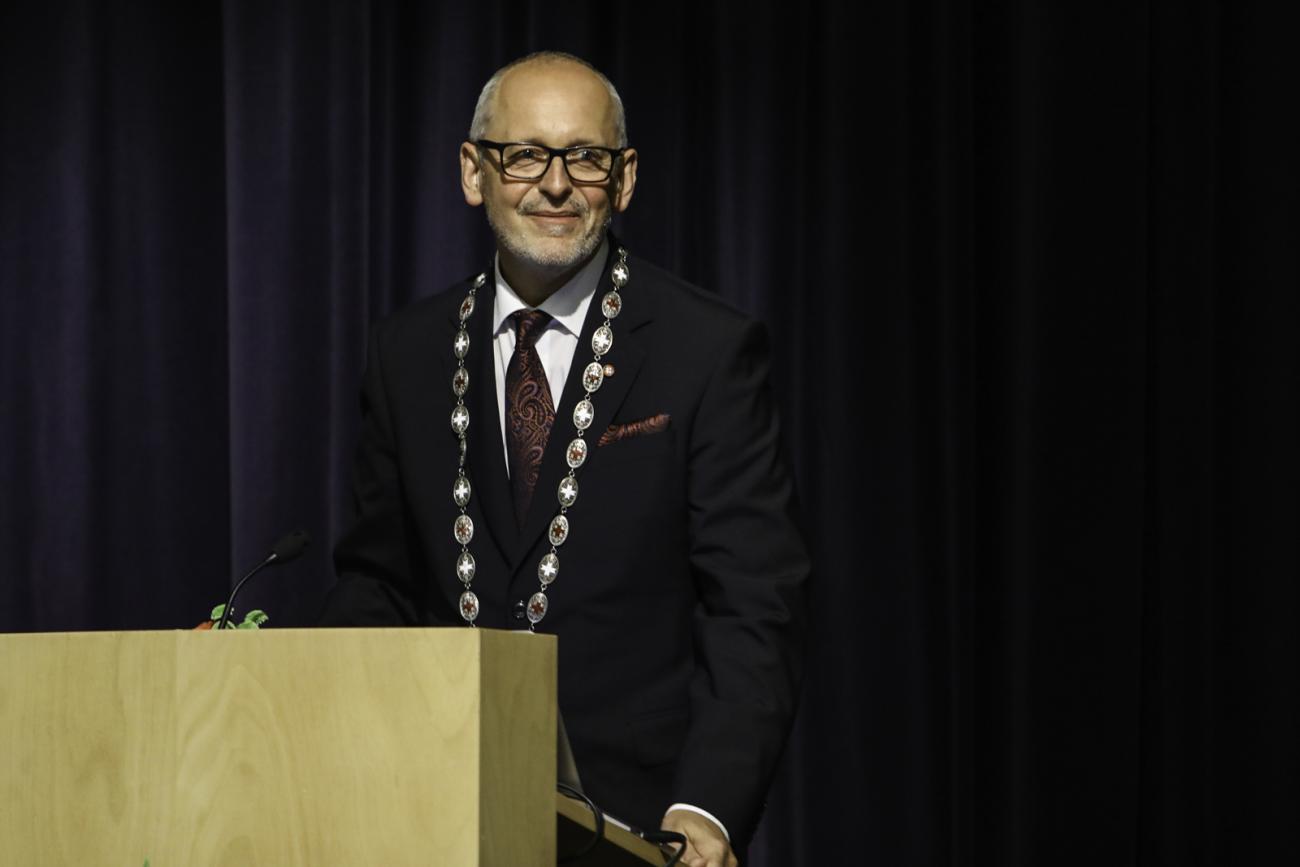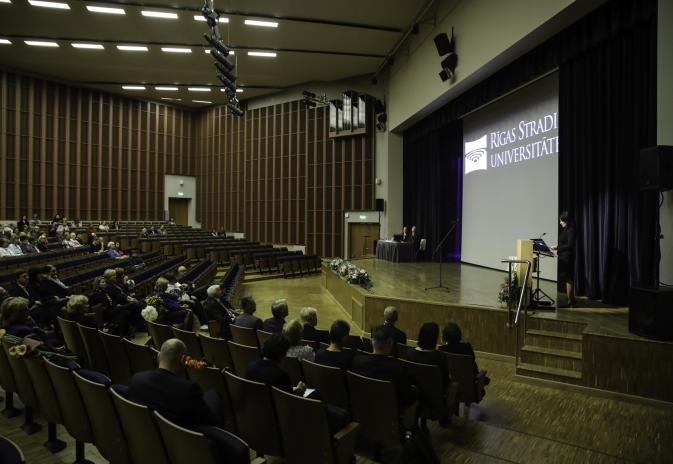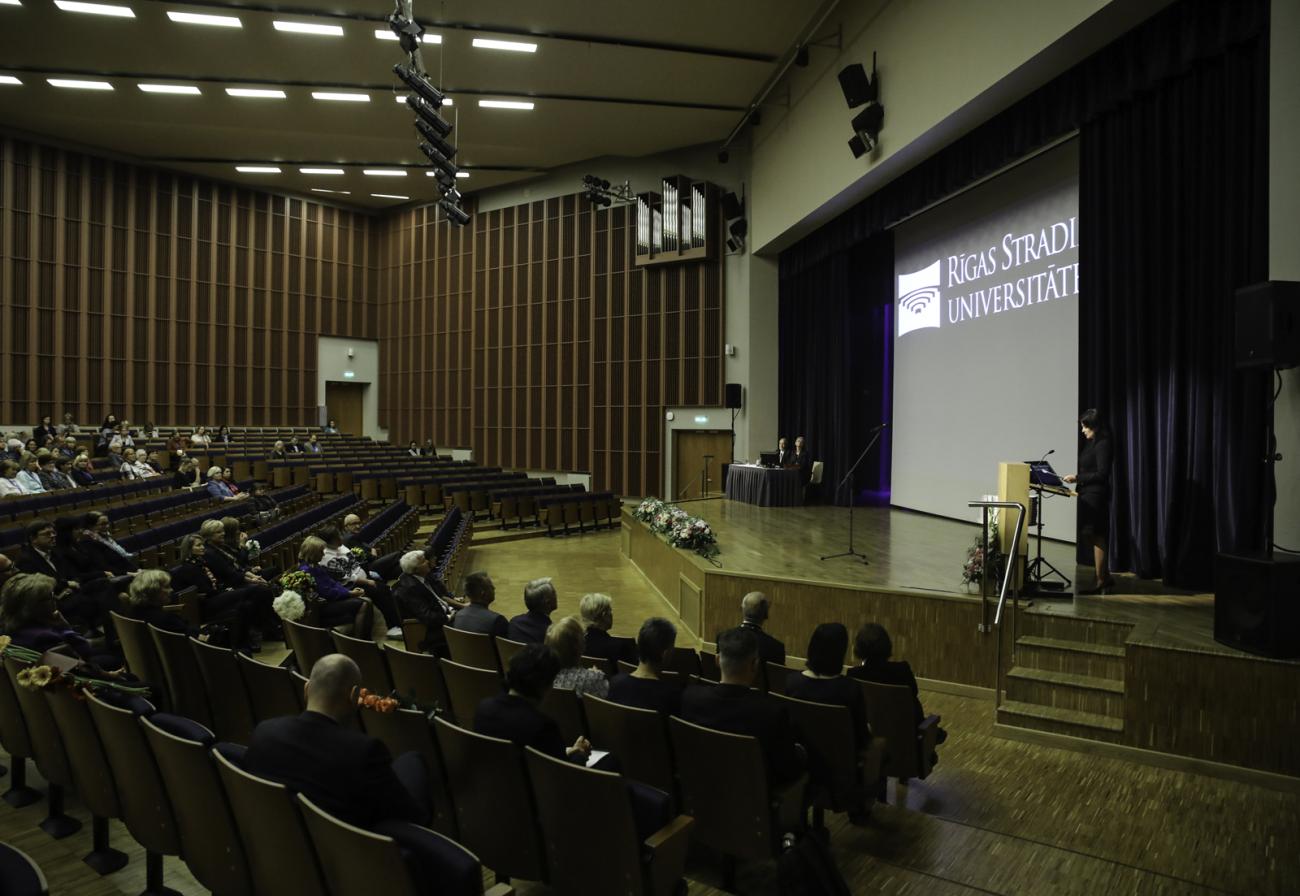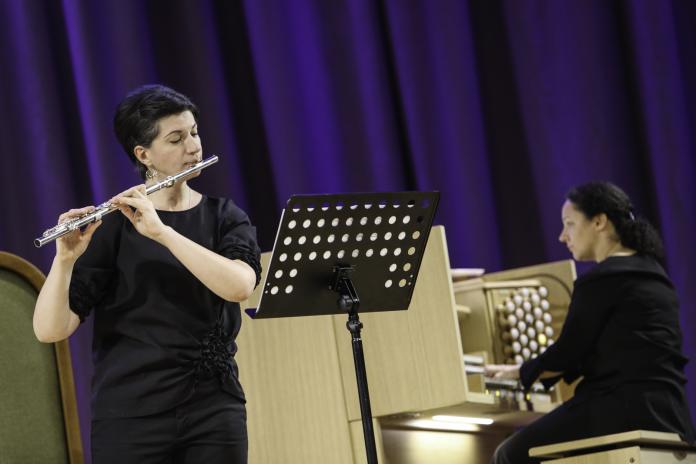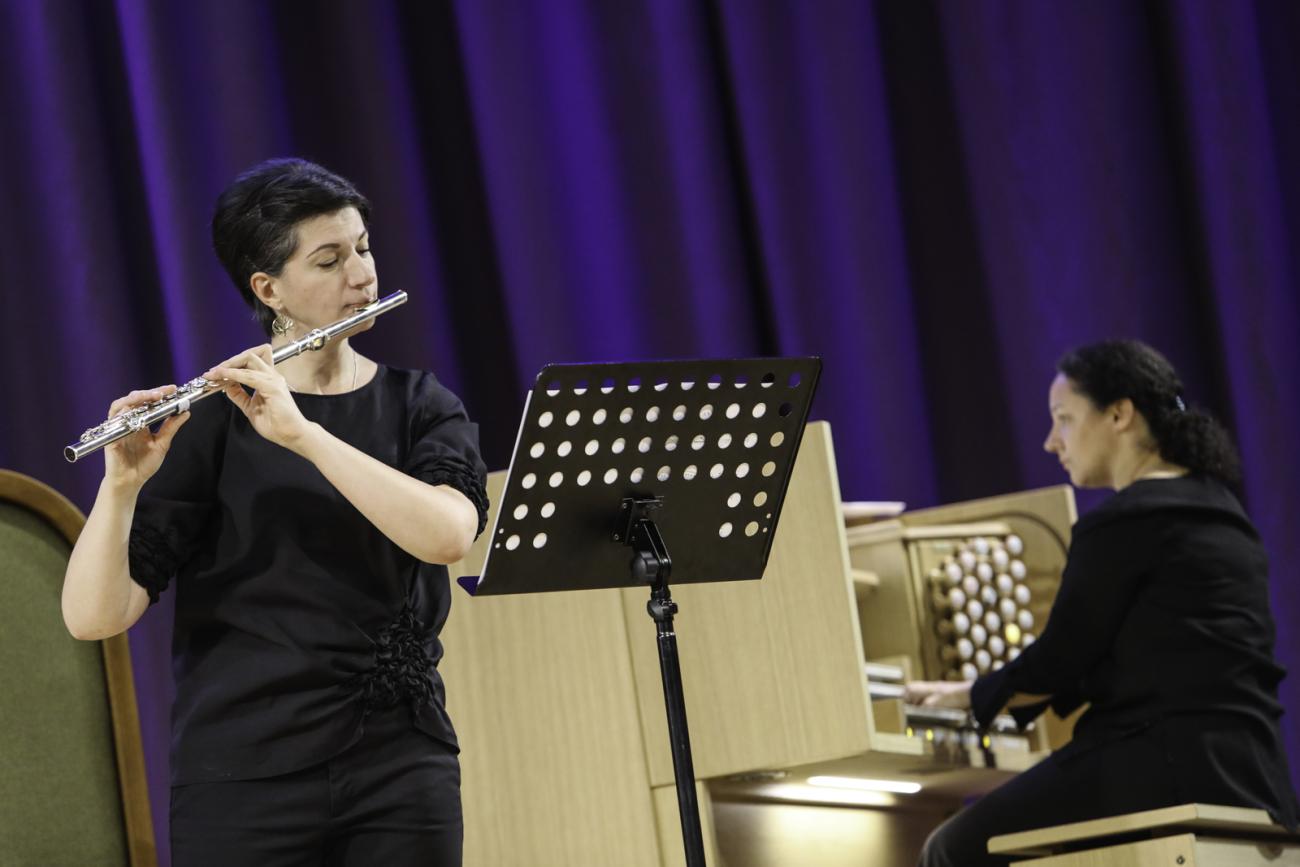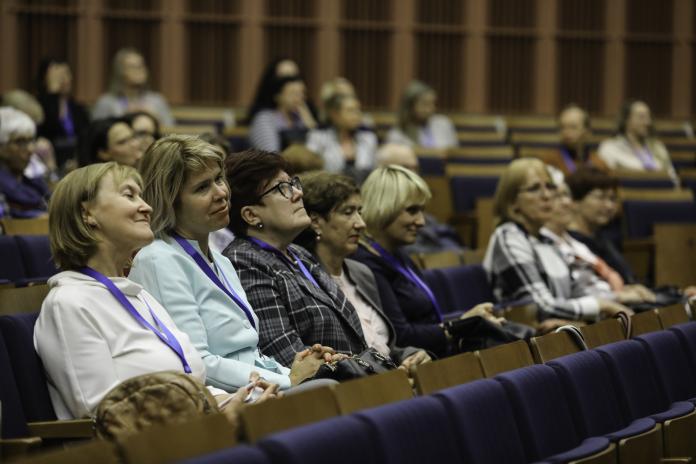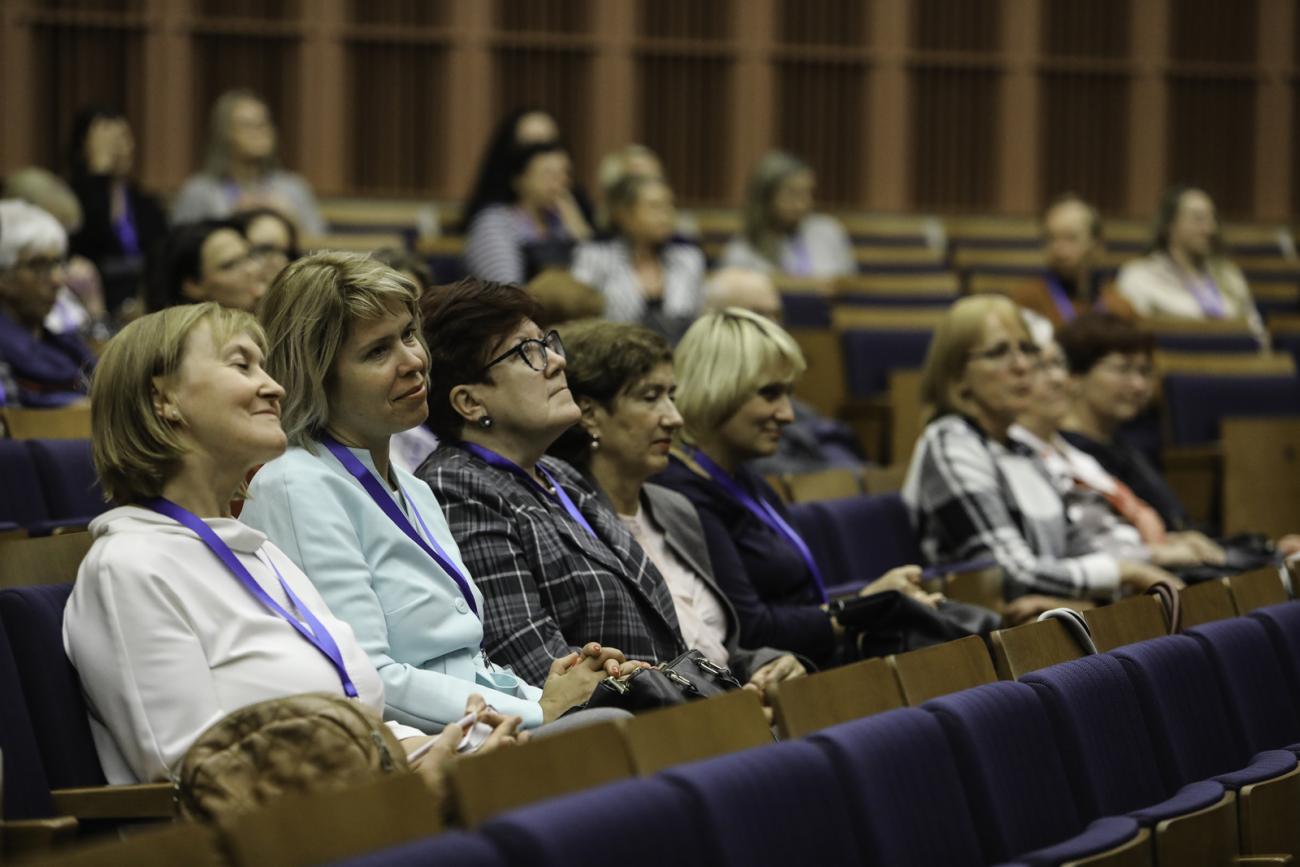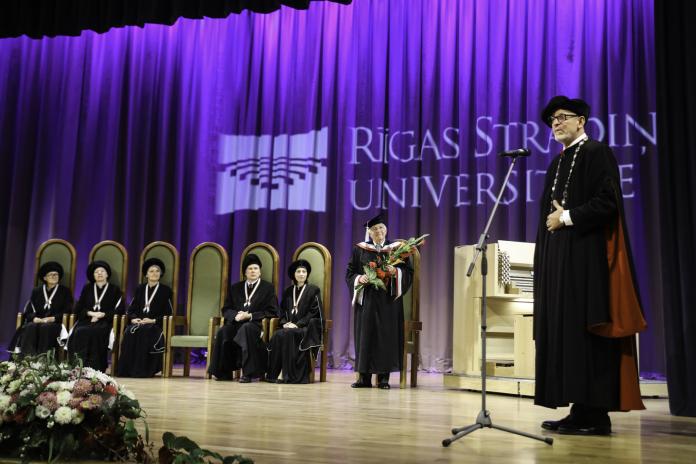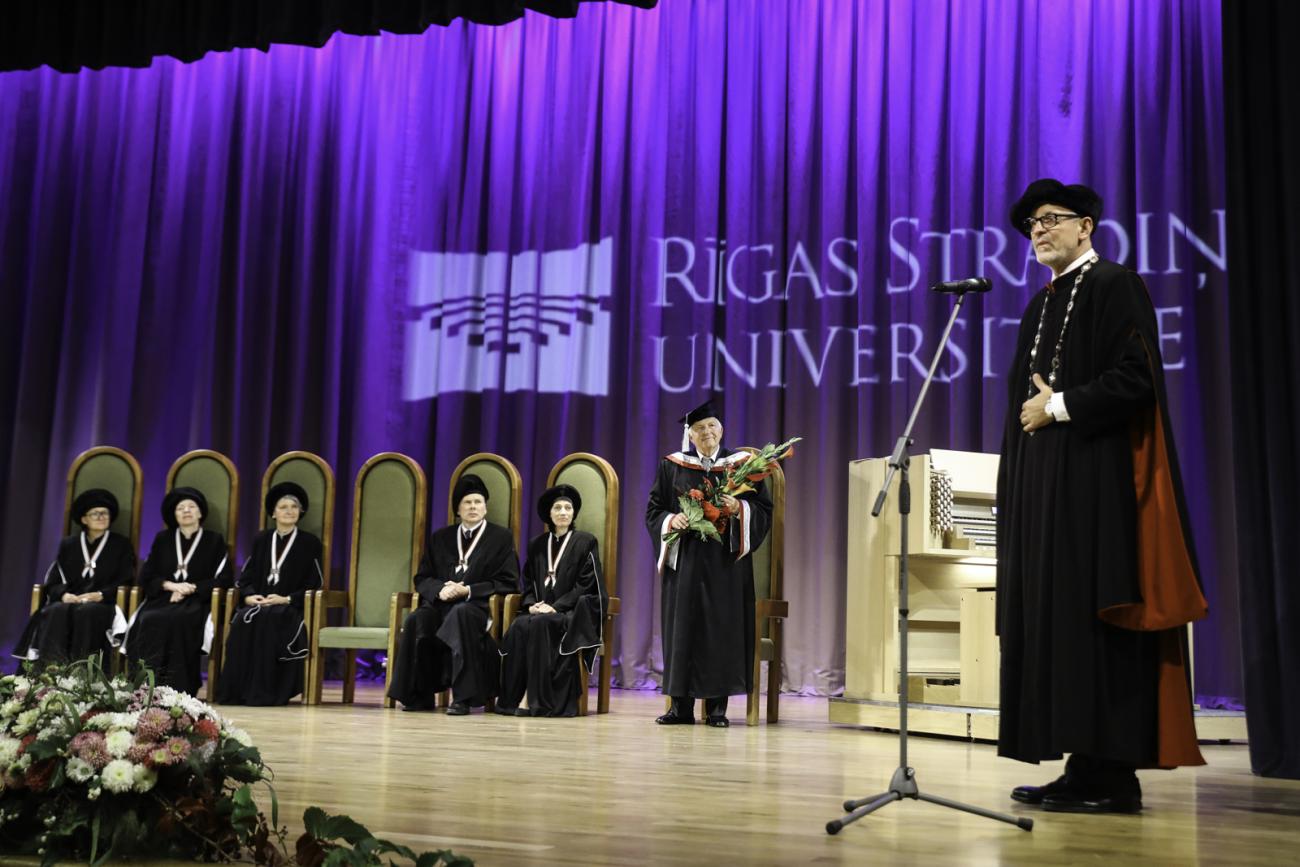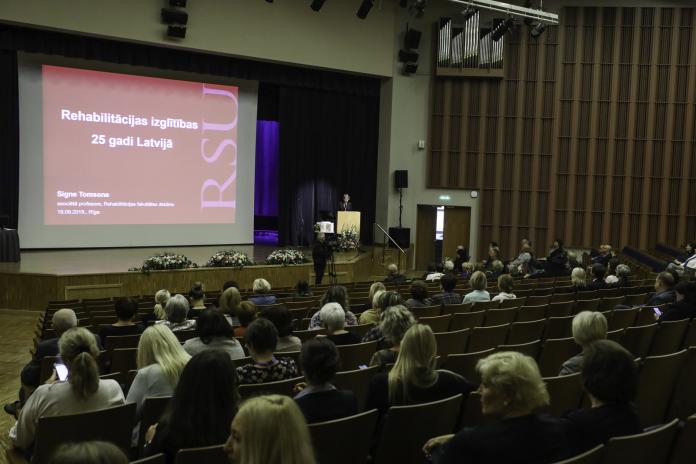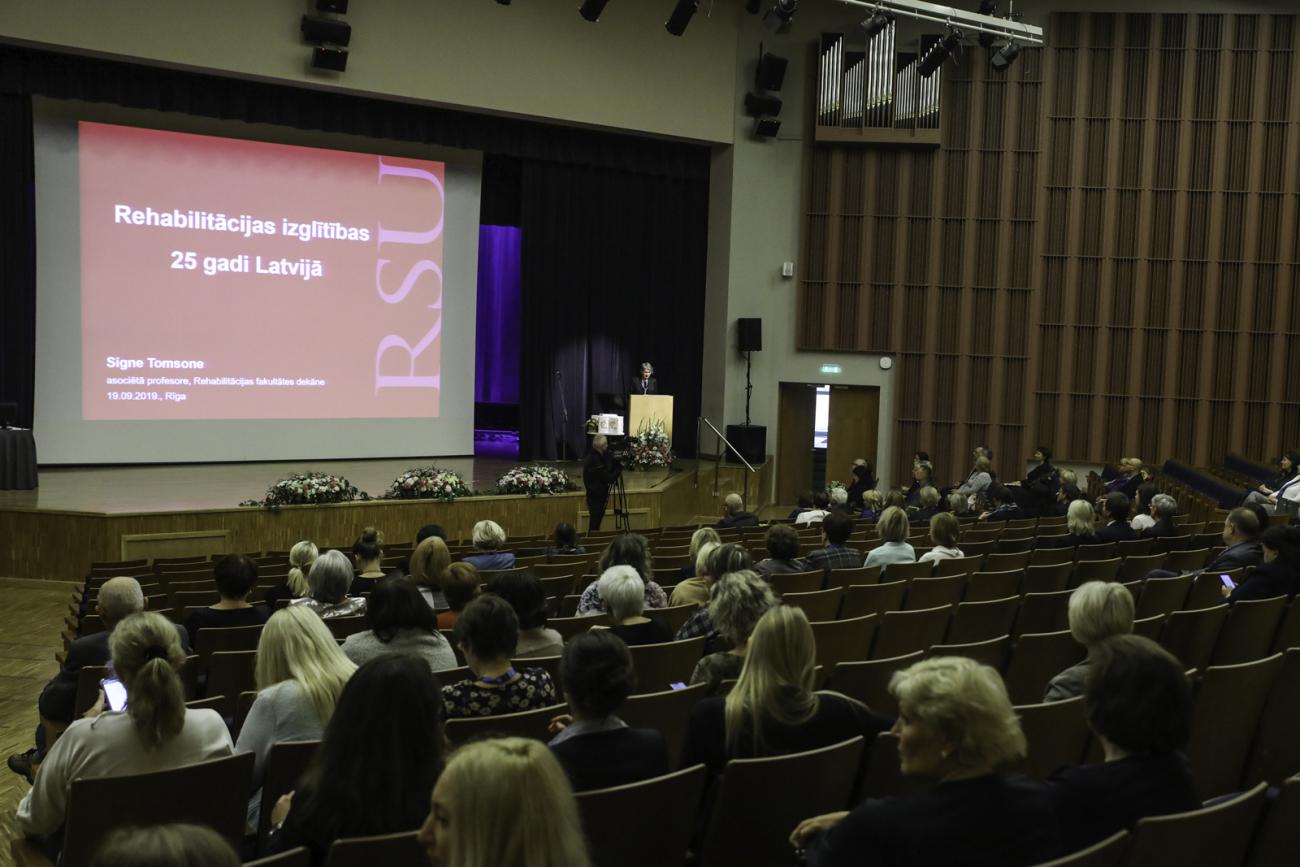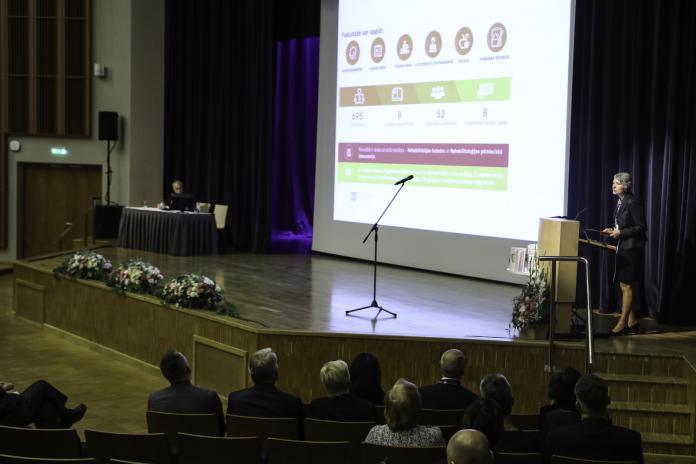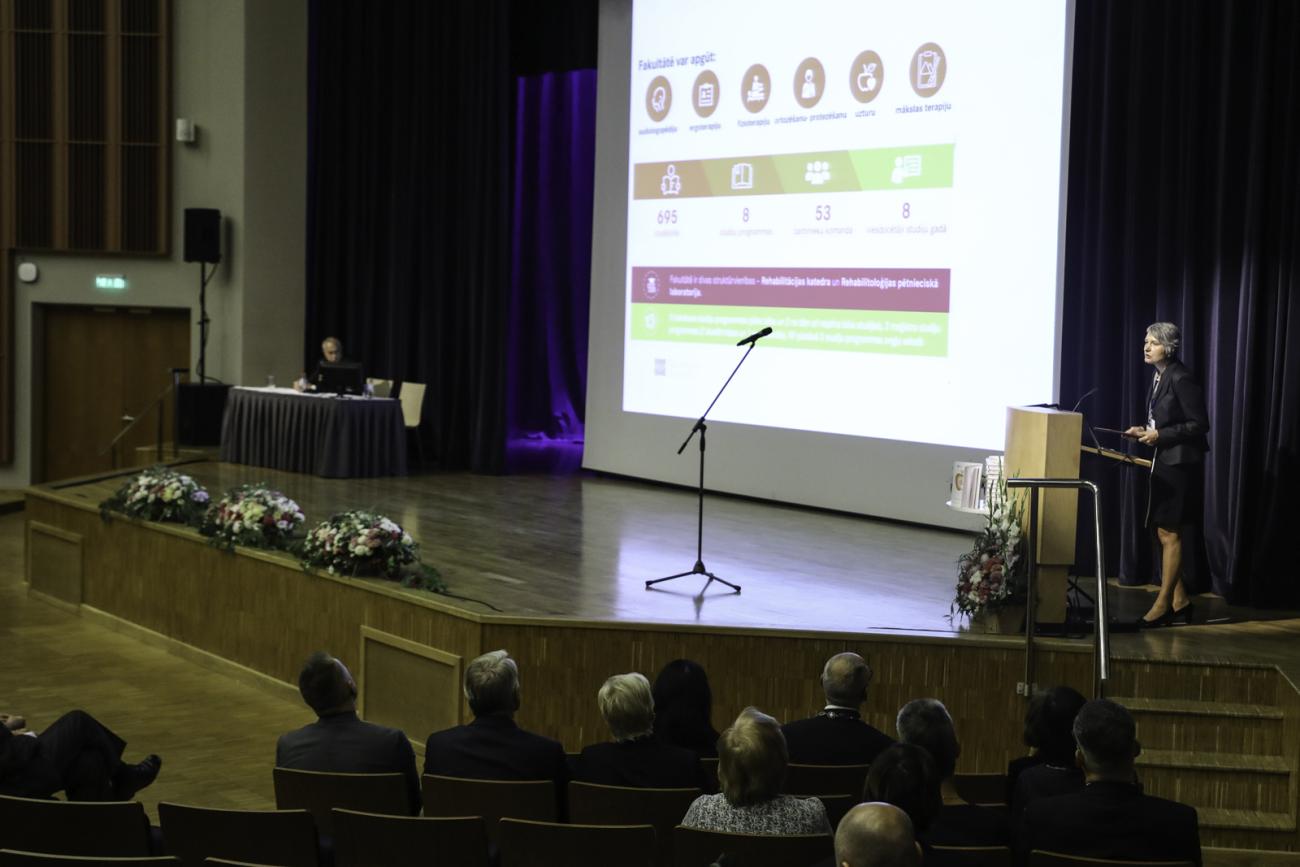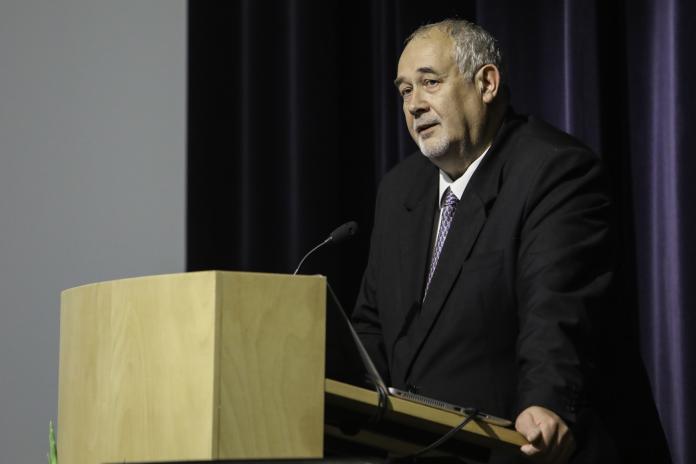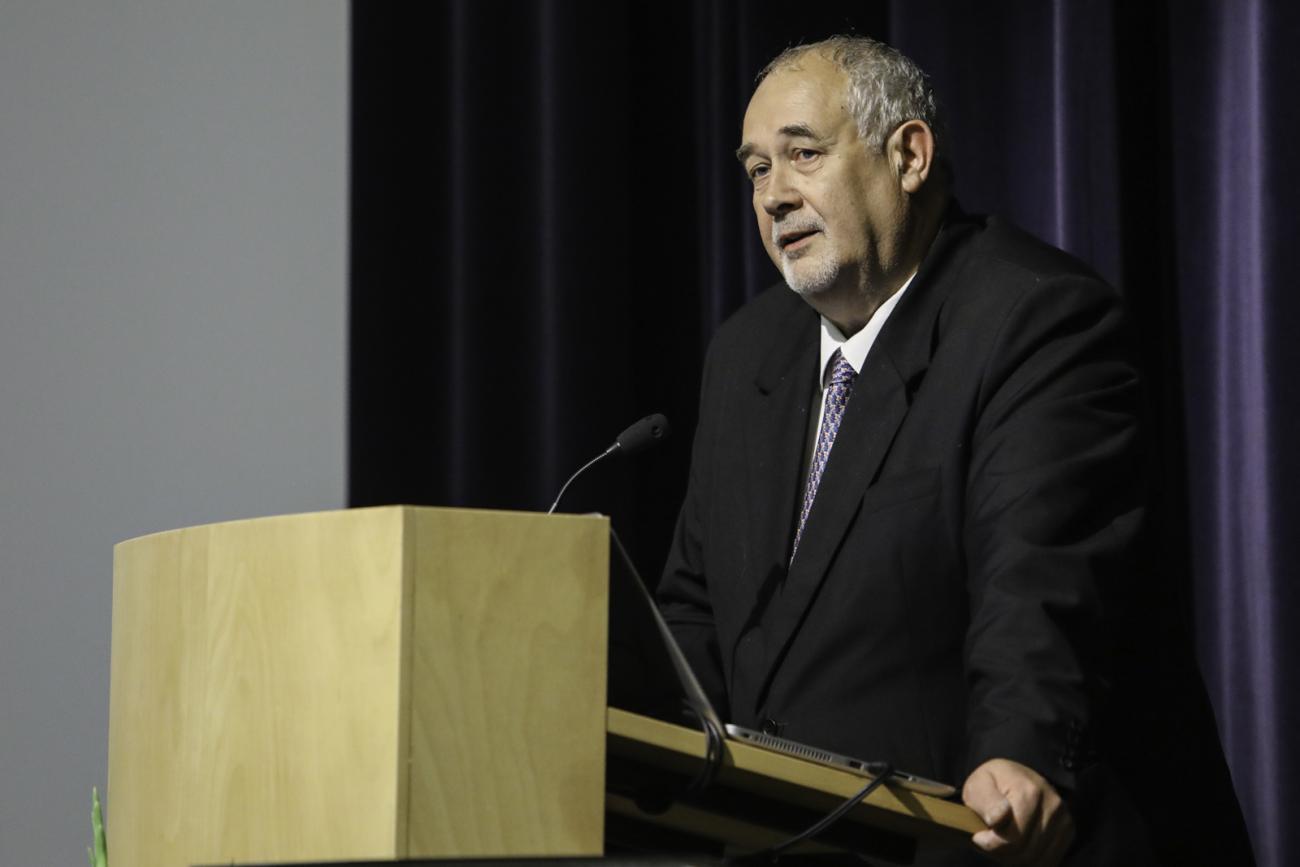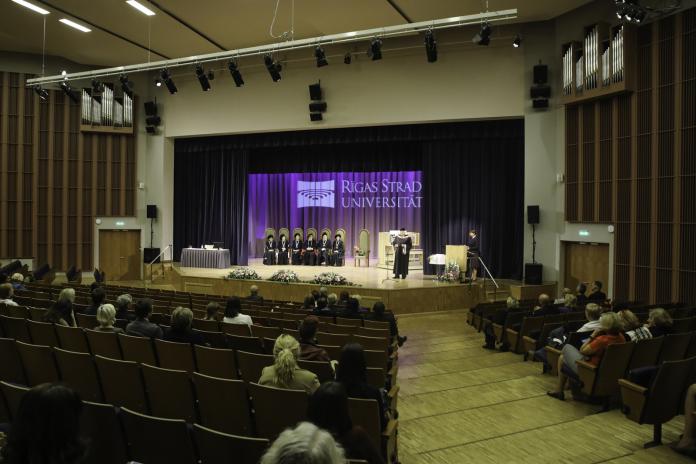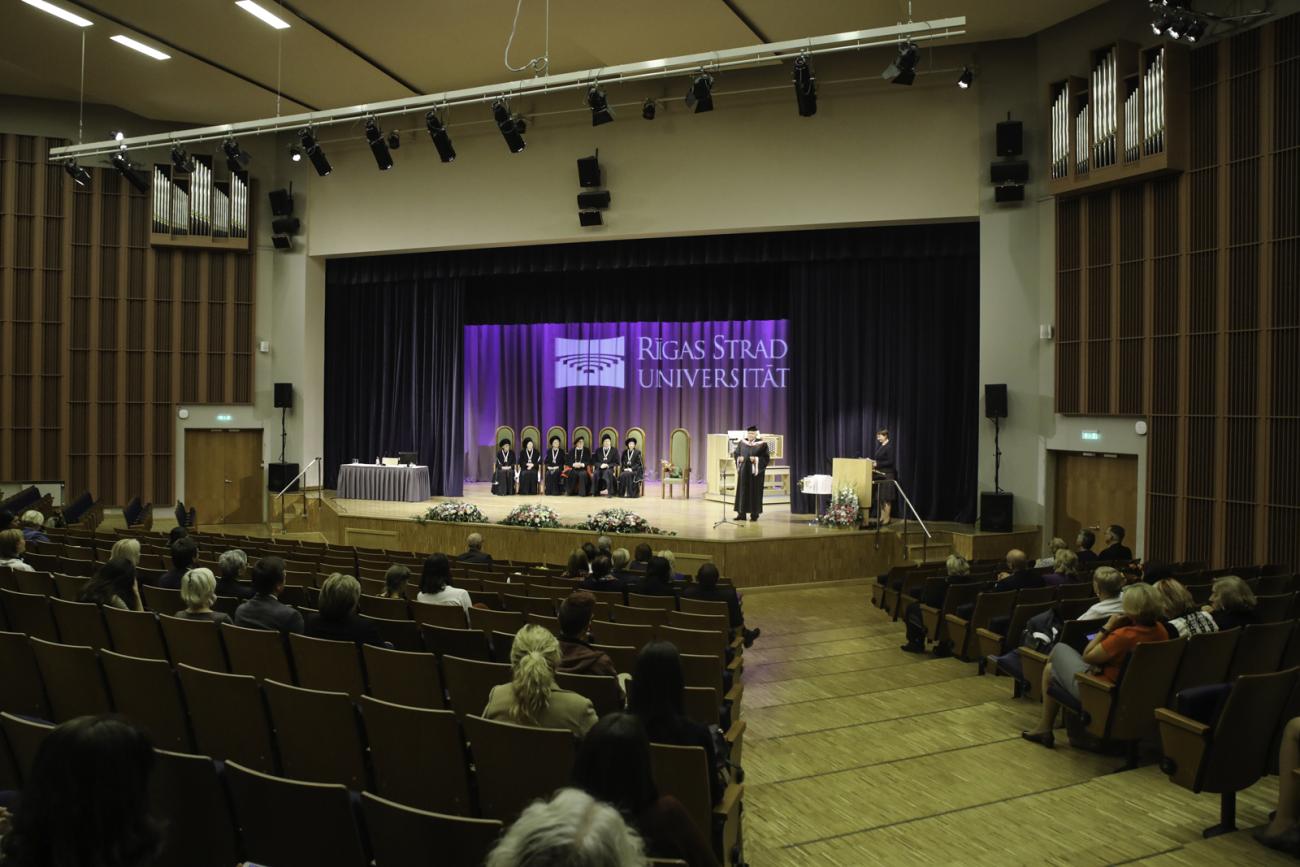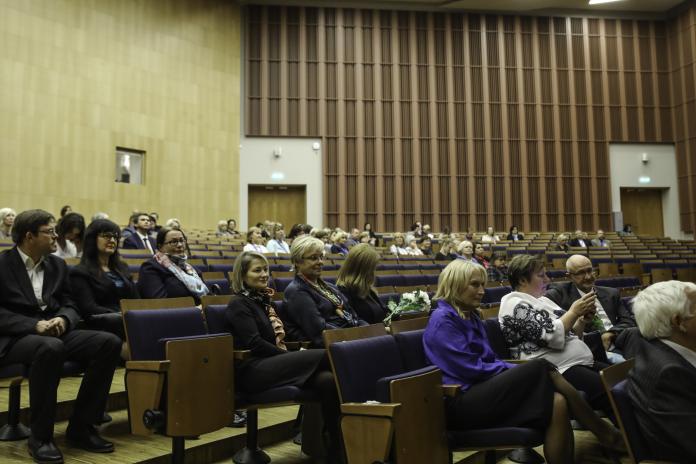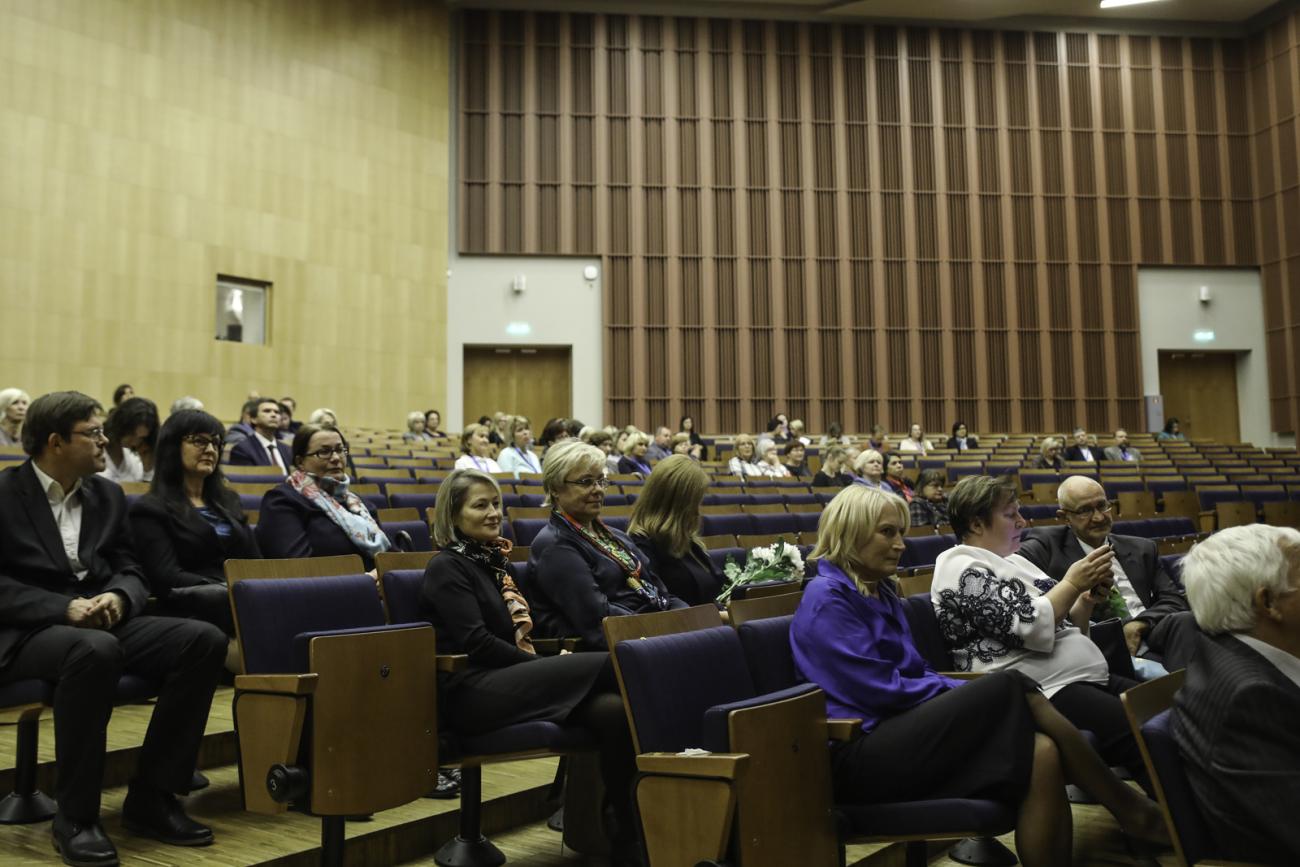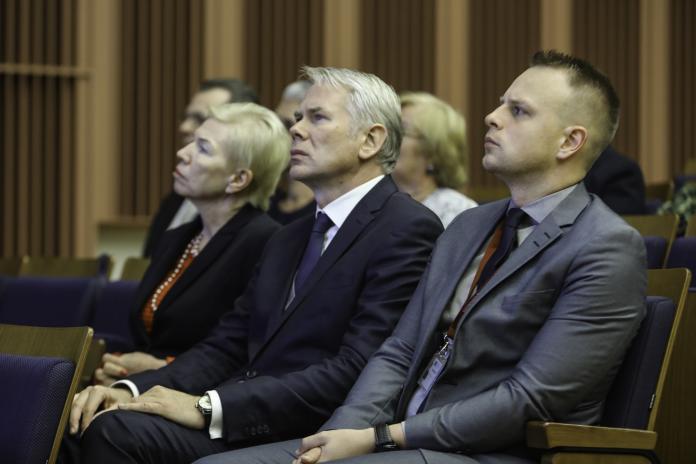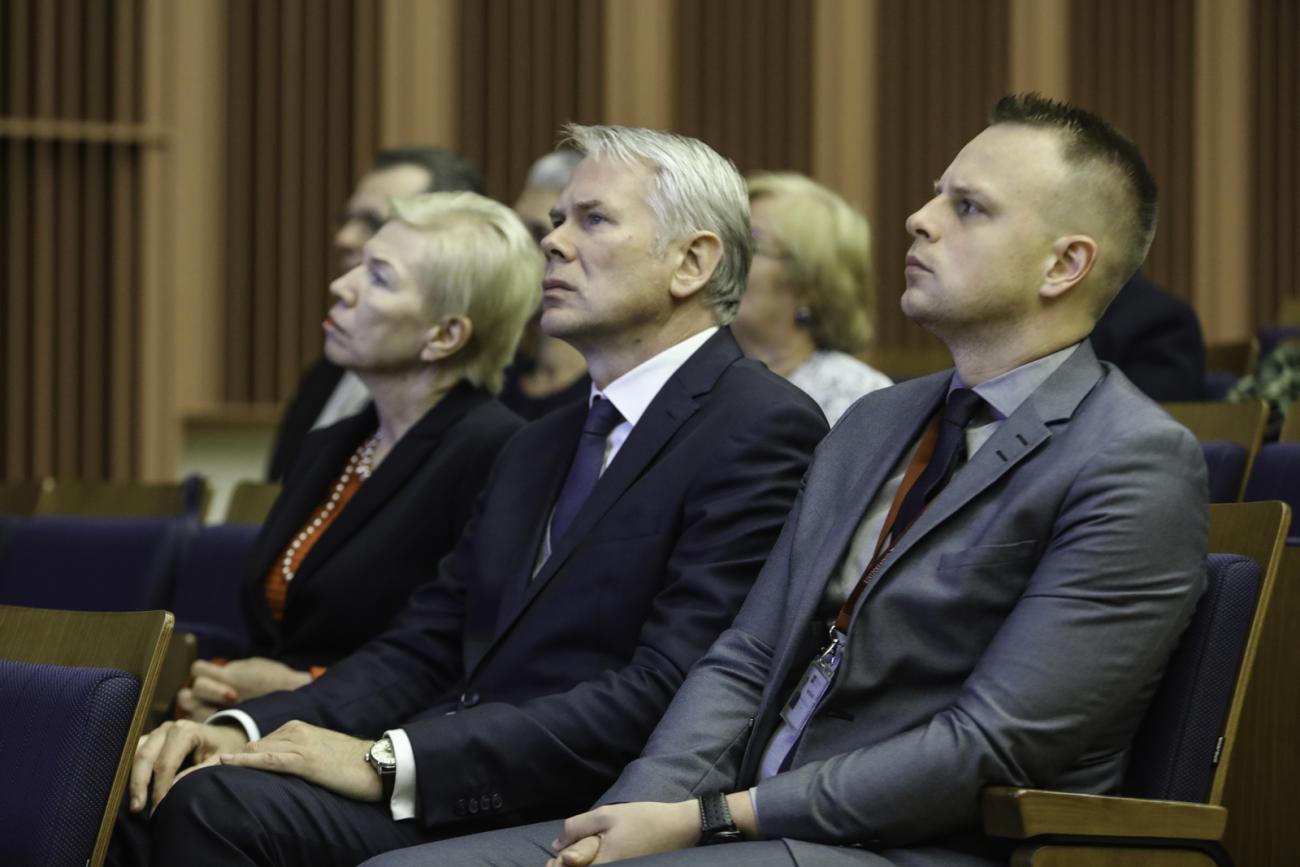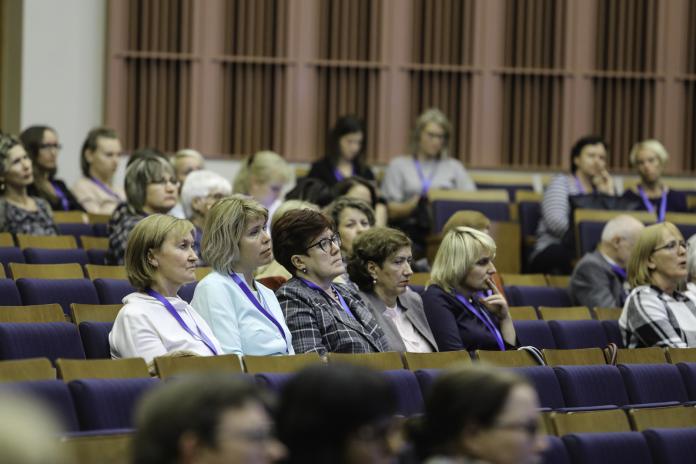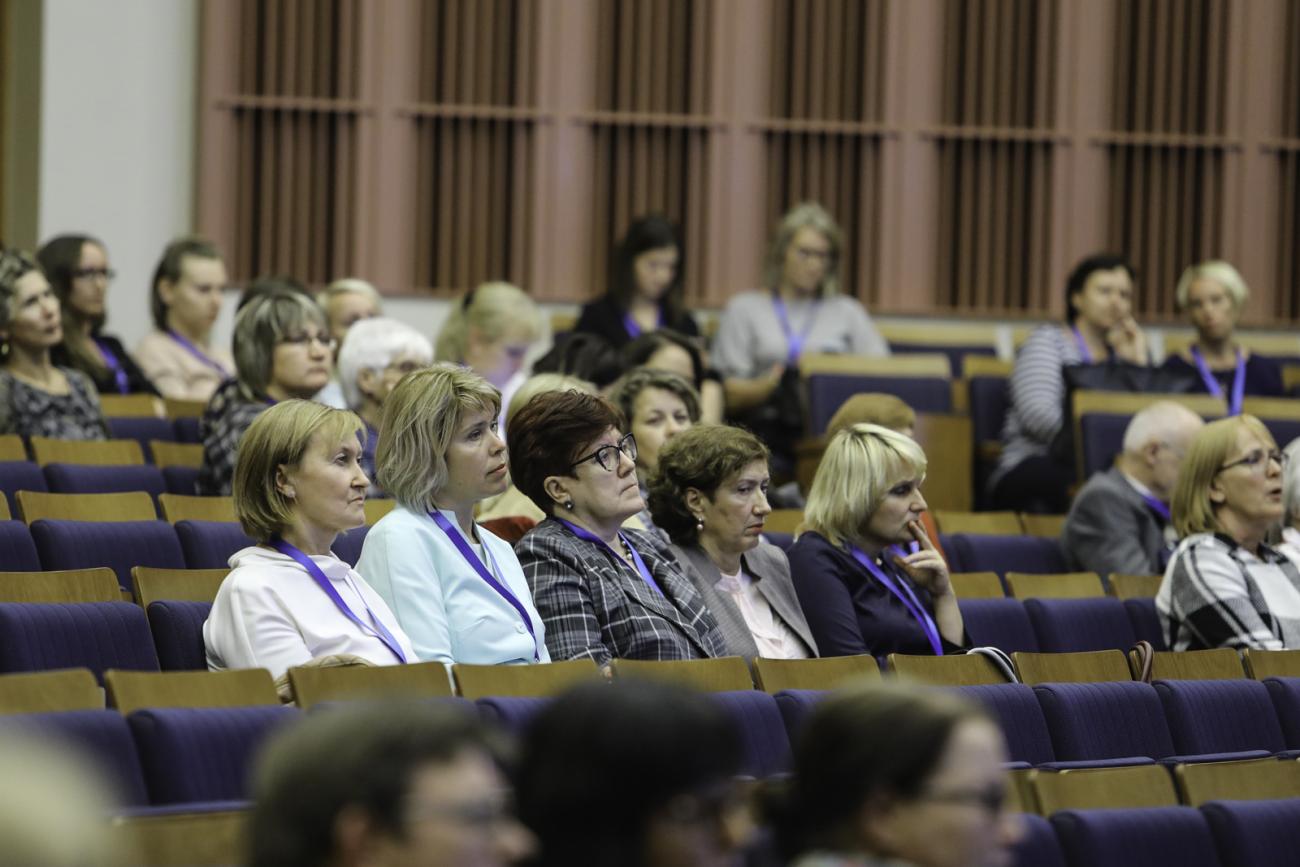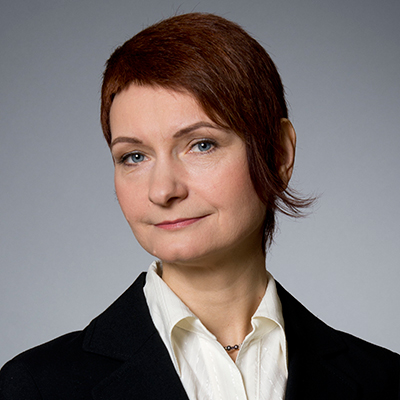RSU hosted the largest Latvian rehabilitation event
Amid loud discussions surrounding the Latvian healthcare budget Rīga Stradiņš University (RSU) hosted the largest rehabilitation specialist event in Latvia’s history - the First Latvian National Congress of Rehabilitation Medicine. The congress took place on 19-20 September and gathered 850 Latvian professionals from various fields (physicians, functional specialists, psychologists, social workers etc.). The event was organised by the Latvian Association of Rehabilitation Professional Organisations (LRPOA) in collaboration with RSU, and took place during the 25th anniversary of the RSU Faculty of Rehabilitation. Since its inception the Faculty of Rehabilitation has seen more than 2000 rehabilitation specialists graduate its various programmes.
The two-day congress saw more than 50 reports delivered both on fundamental rehabilitation issues, like the functional limitations that can arise from various health disorders, the objectives of rehabilitation, the work specifics of mono- and multi-professional teams, as well as on issues topical for a narrower scope of specialists, for example spasticity, functioning issues in children with rare diseases, digital solutions in alternative communication and prosthetics in orthotics, the use of robotics, rehabilitation in psychiatry, and others.
Representatives from all Latvian universities participated in discussions about the education of rehabilitation specialists. Special attention was devoted to discussing current organisational reforms to state funded rehabilitation services in Latvia. Notably, many of the reports were prepared using research results from various RSU Master’s and doctoral students.
The lack of state funding for healthcare, which creates limitations in access to healthcare services, was also discussed. ‘Although rehabilitation is a profession where you can earn additional income from private consultations, as has been pointed out in the press, and many rehabilitation specialists work in technically well-supplied and well-organised rehabilitation establishments, there is nevertheless a need for a clear state policy regarding the financing of rehabilitation services for patients whose treatment relies on significant state resources. Particularly in the following fields that have been prioritised: children, heart and blood vessel diseases, oncology, and psychiatry. We must understand that rehabilitation is essential in all stages of treatment in these fields, starting from prevention and diagnostics to treatment,’ points out LRPOA president, Professor Aivars Vētra.
Rehabilitation specialists expressed their concerns that owing to the increasing amount of paid rehabilitation services and private funding by patients, money has become a criteria for whether or not a patient receives the rehabilitation services they require even for serious health disorders. This could result in decreased access to necessary healthcare, which in turn could result in an increase of patients unable to return to work for longer periods or time, or even disability. Ramona Petraviča, Latvia’s Minister of Welfare, stressed the need for greater integration of medical and social rehabilitation during the opening of the congress.
At the congress we discussed current issues in the field, which have been analysed in detail by research projects implemented during the study process. The conclusions drawn by these will largely serve as a foundation to improve the quality and efficiency of rehabilitation services. The panel on the education of rehabilitation specialists gathered representatives from all Latvian universities, quite possibly for the first time. One of the conclusions was that we should agree on a unified interpretation of basic field concepts in our study programmes.
Asoc. Prof. Signe Tomsone, Dean of the RSU Faculty of Rehabilitation
At the closing of the congress delegates adopted a resolution that emphasised the need for developing a clear strategy to forming an inclusive society based on the World Health Organisation’s rehabilitation program for 2030. It also emphasised the state’s responsibility of creating a rehabilitation service system that ensures accessibility. Congress delegates also decided that important decisions concerning rehabilitation and aligned professional opinions by field specialists must, in the future, be based on the Latvian National Congress of Rehabilitation Medicine platform. The next congress, organised by RSU and LRPOA, is planned for autumn 2021.
Related news
 Infection control and antibiotic resistance: most effective solutions discussed at RSU conferenceConferences, workshops, Research
Infection control and antibiotic resistance: most effective solutions discussed at RSU conferenceConferences, workshops, Research